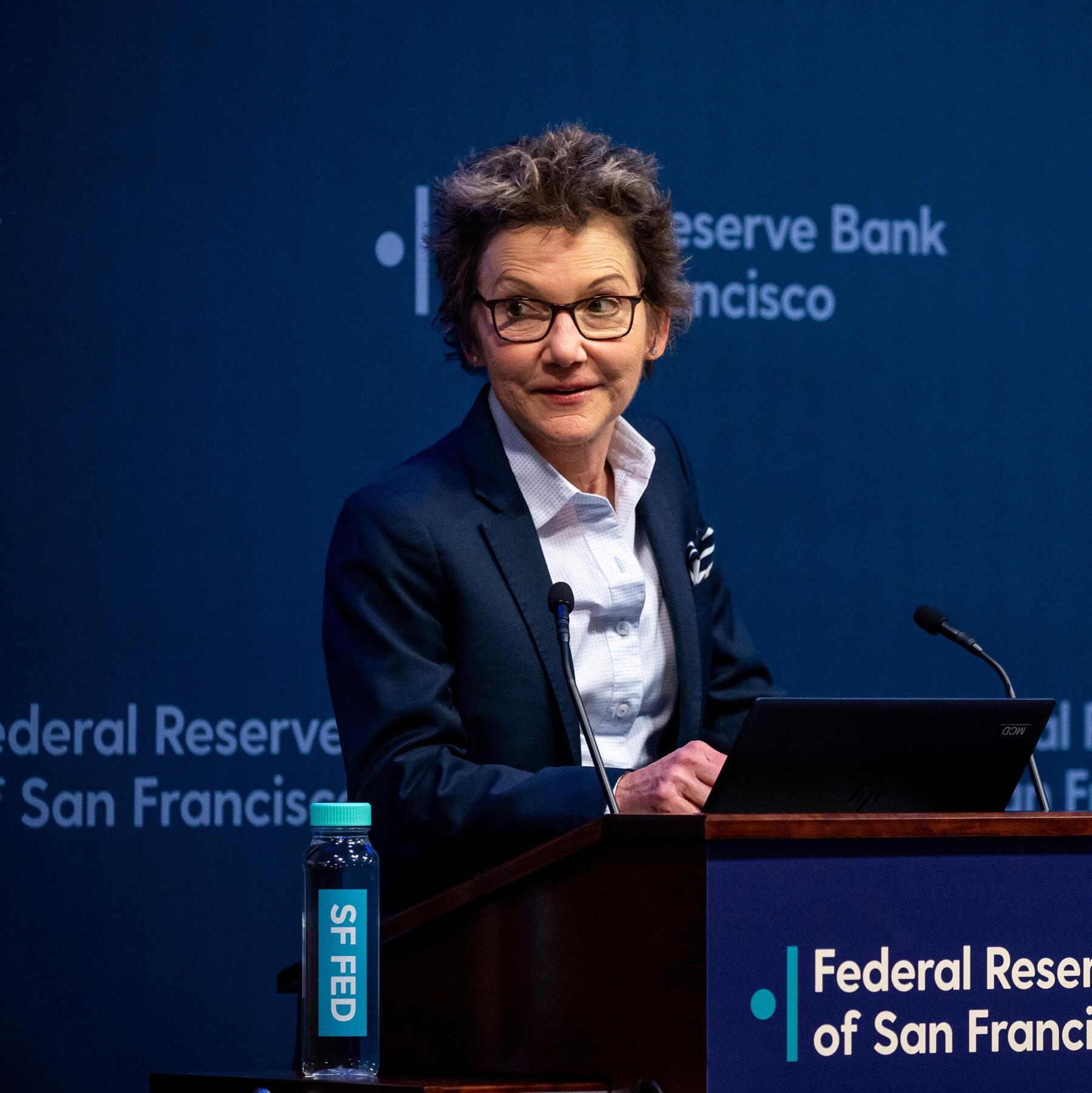Cop29, Azerbaijan, Environment, Greenhouse gas emissions, Climate crisis, Global development, Africa, World news Business | The Guardian
At Cop29 the global south needs to unite for sustainable growth, leveraging resources and negotiating transformative climate finance pactsMore than a century of burning coal, oil and gas has fuelled intense heatwaves, prolonged droughts, heavier rains and devastating floods. To prevent even more severe impacts, the UN global climate summit, Cop29, must deliver tangible results to keep global temperature rises below 2C – the limit defined in the 2015 Paris agreement. Achieving this goal means human societies can only emit a finite amount of additional carbon dioxide, known as the world’s “carbon budget”.Developed nations have exceeded their carbon budgets, while developing countries remain within theirs. Carbon dioxide lingers in the atmosphere for centuries, turning past unchecked fossil fuel use into a costly planetary bill. Between 1870 and 2019, the US, EU, Russia, UK, Japan, Canada and Australia – home to just 15% of the global population – accounted for over 60% of atmospheric carbon dioxide, according to the Delhi-based Centre for Science and Environment. Continue reading…
At Cop29 the global south needs to unite for sustainable growth, leveraging resources and negotiating transformative climate finance pacts
More than a century of burning coal, oil and gas has fuelled intense heatwaves, prolonged droughts, heavier rains and devastating floods. To prevent even more severe impacts, the UN global climate summit, Cop29, must deliver tangible results to keep global temperature rises below 2C – the limit defined in the 2015 Paris agreement. Achieving this goal means human societies can only emit a finite amount of additional carbon dioxide, known as the world’s “carbon budget”.
Developed nations have exceeded their carbon budgets, while developing countries remain within theirs. Carbon dioxide lingers in the atmosphere for centuries, turning past unchecked fossil fuel use into a costly planetary bill. Between 1870 and 2019, the US, EU, Russia, UK, Japan, Canada and Australia – home to just 15% of the global population – accounted for over 60% of atmospheric carbon dioxide, according to the Delhi-based Centre for Science and Environment.







